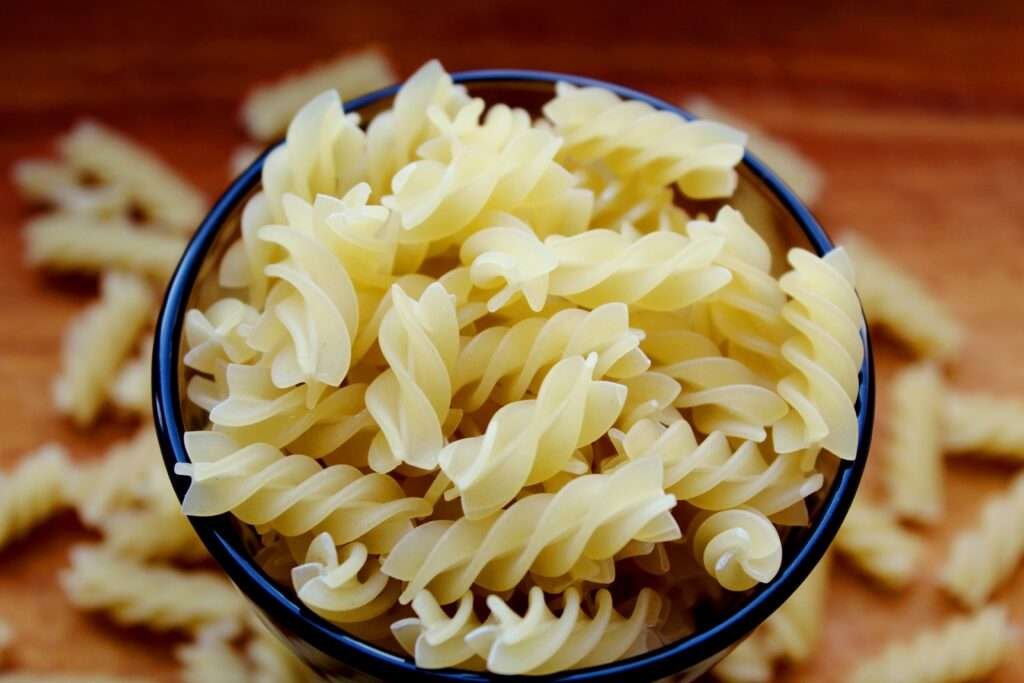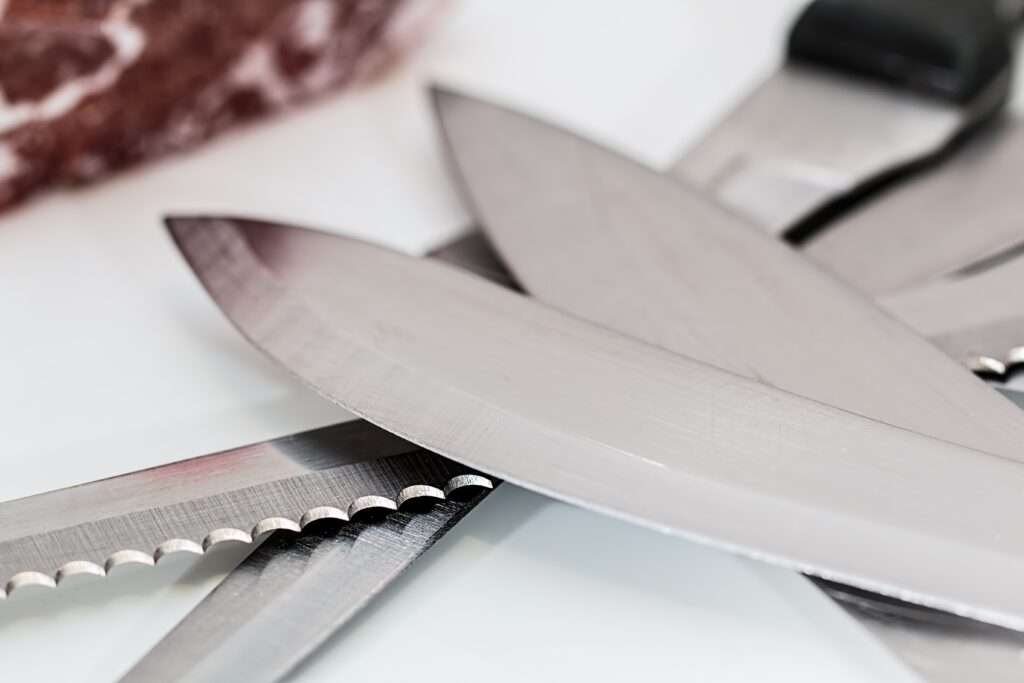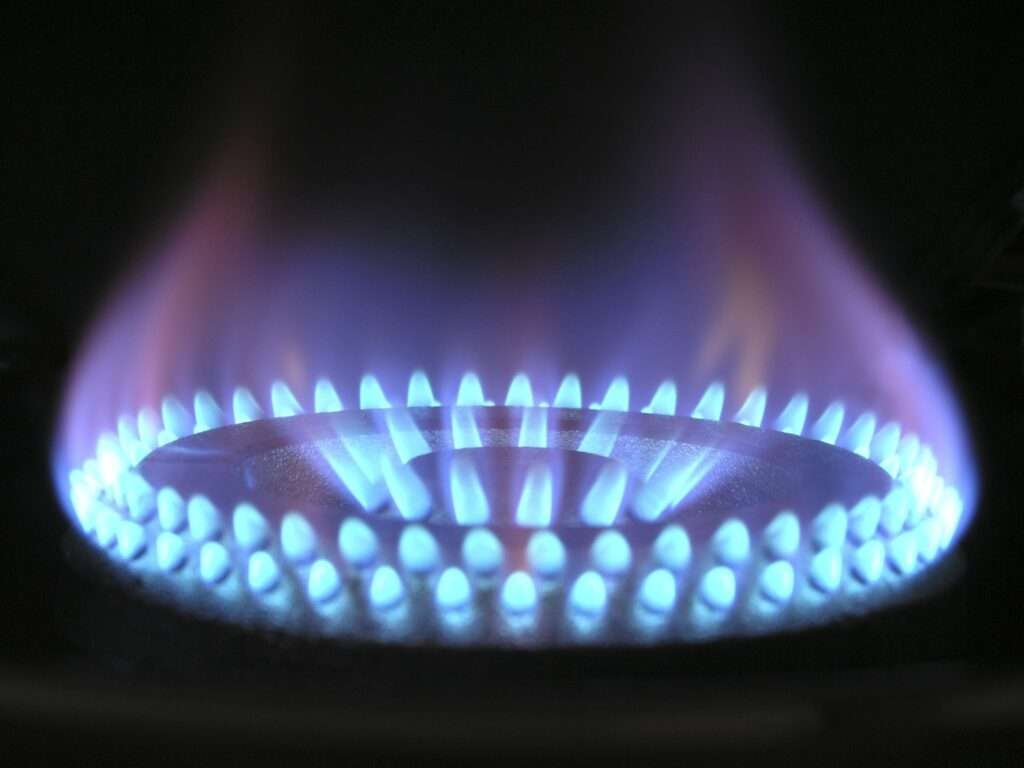Cooking is a delightful blend of art and science, but even the most seasoned chefs can make mistakes. Whether you’re a beginner or a kitchen aficionado, being aware of common pitfalls can elevate your culinary skills. According to my experience and chef advice, these 10 common mistakes people usually make.
1. Not reading the recipe before cooking

When you are cooking, especially as a beginner, there is a high probability of making mistakes. Most people don’t want to spend time reading recipes. Your delicious dish can be ruined by skipping even one step.
How to fix: Keep patience and read all the instructions thoroughly before starting to cook. This will ensure you understand the steps and have all the necessary ingredients and equipment.
2. Too much salt in cooking dish

Salt is the most important ingredient in the cooking world. It can enhance the flavor of a dish or overpower it as well. So it’s essential to taste as you go and adjust accordingly.
How to fix: Don’t worry if you mistakenly added too much salt to your dish, there are solutions. If you are cooking curry dishes, you can add one potato cut into half. You can also balance the saltiness by adding a bit of acid (like lemon juice or vinegar) or sweetness (like sugar or honey).
3. Not organizing ingredients before cooking

This is a common problem that people ignore all the time. That’s why dishes get burned while finding the right ingredients at the right time.
How to fix: Take a few minutes and follow your recipe. Organize all your spices and ingredients and place them in front of you. You can also manage all your staff at night before the day of cooking.
4. Your pasta sticks together

You are making the same mistake while preparing pasta. Your pasta is sticking to each other and to the bottom of the pan, but you don’t know why. I made the same mistake once. Then one day, my mother gave me a solution.
How to fix: Never add pasta to cold water before it heats up. Use a large saucepan and place it on heat. Once the water reaches a boil, add some salt and then transfer your pasta, stirring from time to time. Your pasta will never stick.
5. Not using of Sharp knife

This is another commonly overlooked mistake during cooking. When you use a dull knife, it requires immense pressure to cut vegetables. Because of this dullness, it can ruin the shape of the vegetable and affect the taste of your food. Additionally, it can increase the risk of injury.
How to fix: Sharpen your knife before chopping daily. This will help maintain the good quality of your chopped ingredients and preserve the health of your knife, giving you a satisfying cutting experience.
In addition, always wipe your knife after chopping to prevent rust from forming.
6. Not using of deferent cutting board

Most people are not aware of this. In cooking, there are different boards for different ingredients. However, many people use the same chopping board to cut raw meat and vegetables simultaneously, leading to foodborne illnesses.
How to fix: Use separate cutting boards for raw meats, vegetables, and cooked foods to prevent cross-contamination. This helps reduce the risk of foodborne illness. If you want to learn more about chopping boards, you can read the article “Basic Kitchen Gear: An exploration of 15 essential kitchen instruments.” For information on foodborne illness, read “Food Safety: Protecting Yourself from Foodborne Illness.”
7. Use of excess spices in cooking

Using excess spices in cooking can overpower the dish, making it unbalanced and unpleasant to eat. Also, consuming excess spices can affect your body.
How to fix: Taste your dish as you season it and start with small amounts of spices, gradually adding more until you reach the desired flavor. Remember, you can always add more spices later, but it’s hard to fix an overly seasoned dish.
8. Wrong use of flame

Some cooking processes require low flame, while others require high flame. It’s important to understand the science behind this, otherwise, your dish can burn or appear cooked on the outside but undercooked on the inside.
How to fix: Adjust the heat according to the cooking instructions and the type of food you’re preparing. Too high heat can burn food, while too low heat can result in uneven cooking. Learn to control the flame to achieve the desired results.
9. Buying the wrong pans

Recognition of the right pan is important, as it can sometimes be the cause of illness. Some pans may look very beautiful but have an extra coating on the surface. During cooking, this layer may mix with food and harm our bodies. Additionally, it can lead to uneven heat distribution, burnt food, and frustration.
How to fix: Always try to buy pans made of stainless steel or cast iron. Both materials are extremely durable. Your pan should also be non-stick, which will provide a better cooking experience.
10. Not cleaning work surface

This is the biggest mistake in cooking. Your and your family’s health depends on the cleanliness of your kitchen. We may make delicious food, but if we leave our work surfaces without cleaning, it may cause pathogens and bacteria to thrive.
How to fix: Cleaning the work surface before and after cooking is a good practice. When you enter a kitchen, whether at home or in a restaurant, always start your job by cleaning. And after finishing your work, wipe down all work surfaces as before.
In conclusion, your minor cooking mistakes can ruin the taste of your food. Perhaps you are making these mistakes every day, but you are unable to find out the exact reason behind the bad taste of your food and your family’s illness. Along with that, your instruments are getting dull. These are 10 common mistakes people usually make. So fix these mistakes today.
